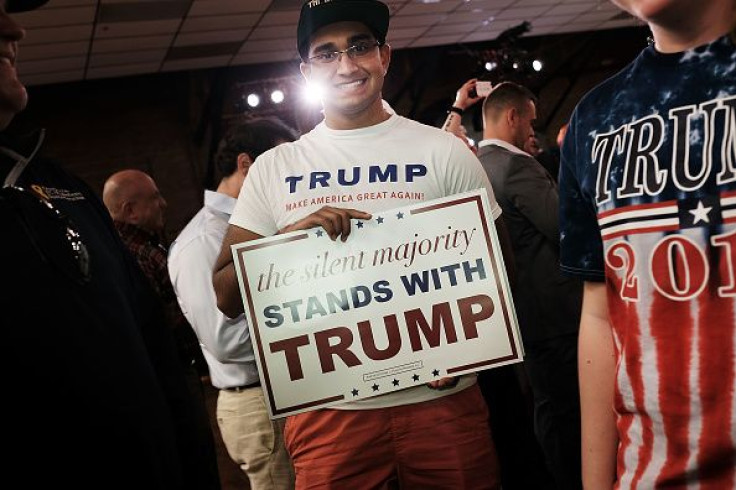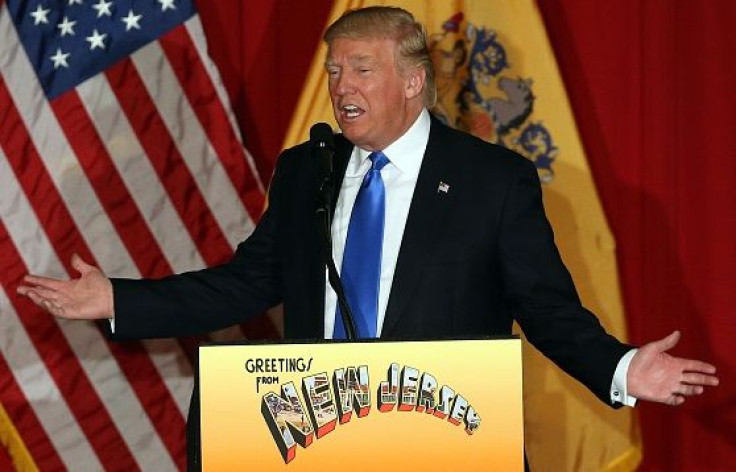Republicans Want Party Leaders To Rally Behind Donald Trump, Poll Says

They may not like him, but they support him, and they want their party leaders to do the same.
That’s the takeaway from the latest New York Times/CBS News poll measuring sentiment among self-identified Republicans, which suggests eight out of 10 members of the Grand Old Party want their leaders to straighten up and close ranks behind the presumptive GOP candidate in the presidential election. The poll comes as House Speaker Paul Ryan, R-Wis., among other party bigwigs, has yet to officially endorse Trump.
The shoot-from-the-hip New York billionaire is heading to the Republican National Convention in Cleveland, July 18-21, with high unfavorability ratings among a wide range of registered voters, including women, minorities, young voters and even the white men that make up the Republican base.
Thursday’s nationwide cellular and landline telephone poll was conducted from May 13-17. It asked 1,300 adults, including 1,109 self-proclaimed registered voters from both parties, numerous questions about the three remaining presidential candidates.

Trump’s likely Democratic rival, Hillary Clinton, is facing a similar challenge among members of her party, with Vermont Sen. Bernie Sanders leading in favorability and trailing in unfavorability compared to the others.
Both Clinton and Trump are heading to their respective party conventions with high untrustworthy ratings, with more than 60 percent of polled adults saying they share values with neither. Clinton leads Trump in the number of registered voters who would support her in the general election, at 47 percent versus 41 percent according to current polling, but Trump has led in similar polls in recent months.
Sanders actually has a better chance of beating Trump, according to some polls. This has helped embolden Sanders supporters to lash out against a Democratic electoral machine that uses superdelegates — party insiders who can vote as they wish — ostensibly to reduce the chances of primary voters selecting populists that wind up losing. (The oft-cited example used to justify the superdelegate system is George McGovern’s landslide defeat by Richard Nixon in 1972.)
The latest New York Times/CBS News poll reveals that Republicans are resigned to supporting Trump against Clinton even if they disagree with him on key issues. Unfavorable views of Trump have dropped, too, by 15 percentage points in just a month, to 21 percent of Republican voters.
Unfavorability ratings among Republican voters toward their apparent nominee remains high, but their disdain for the alternative — a second President Clinton — appears to be overshadowing whatever disagreements they have with the New York City real estate tycoon.
Clinton, on the other hand, still has to contend with significant disaffection among Sanders supporters; more than fourth of them say they won’t support her come November.
© Copyright IBTimes 2024. All rights reserved.












